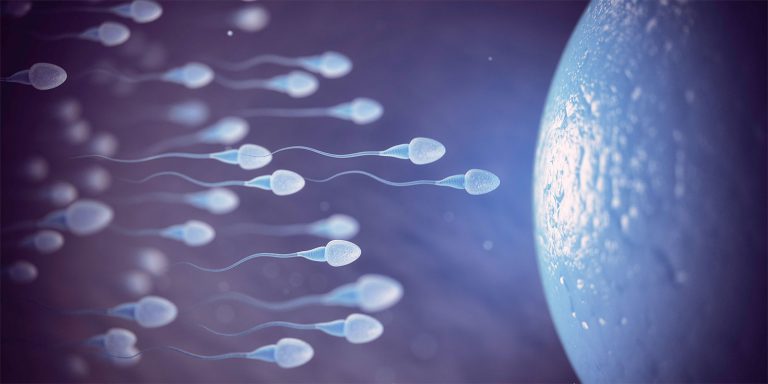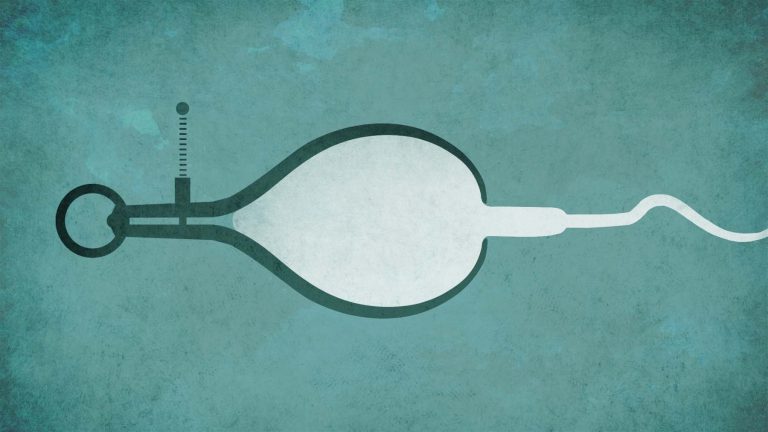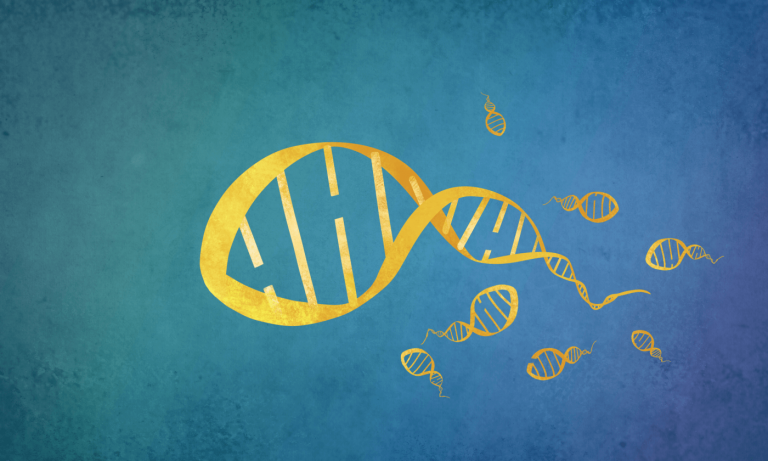Varicoceles are found in 35% of men with primary infertility and 75-81% of men with secondary infertility. They are one of the most common causes of male infertility, and men with varicoceles frequently have a smaller testicular volume, reduced sperm count, and impaired sperm quality.
However, about 15% of the general male population has a varicocele with no impact on fertility. So, having a varicocele by no means guarantees that you will have issues with your fertility.
What Causes Varicoceles?
A varicocele is an abnormally enlarged vein in the scrotum. It is similar to having a varicose vein in your leg. While there are many theories about what causes varicoceles, no firm cause is known. They often form during puberty and grow larger over time, and are more commonly found on the left side of the scrotum than the right, because of the position of veins in the scrotum.
Usually, a varicocele causes no symptoms. However, sometimes they may cause testicular pain. The pain of a varicocele gets worse with standing or physical activity, gets worse over the course of the day, and is relieved by lying flat. Sometimes, a varicocele may get large enough to become noticeable. Varicoceles can also impact fertility and they are a common cause of infertility for men who were once fertile and now are not. This tells you that they have can have a greater effect over time. If a varicocele is causing pain or you are struggling with infertility, you may want to look into treatment.
{{cta(‘1016469a-bbda-47e6-99d9-49a8a9790d73’)}}
Varicocele Treatment
Treatment is typically a kind of surgery called varicocele ligation, or varicocelectomy. It is usually performed on an outpatient basis, often using local anesthetic. The surgery involves making a small incision in the lower abdomen and cutting the vein that is feeding the varicocele. A patient is usually discharged within 4 hours of the surgery, and is able to return to work in 1 to 2 days, with full recovery after about a week.
Varicoceles and Infertility
Although many studies have shown an improvement in the sperm count and sperm quality of men who have undergone surgery for varicocele-related infertility, it is still somewhat controversial whether or not surgical repair of varicoceles is effective in improving pregnancy rates. Some studies have shown no improvement of pregnancy rates in men who have had the surgery over men who haven’t.
Still, because the surgery is easy to recover from and is relatively low risk, many urologists recommend it, especially in cases where sperm count or quality are the only things known to be preventing a couple from getting pregnant. In this case it could be a significant cost savings over IVF. On the other hand, if time is an issue, a couple may prefer to move straight to other, more proven fertility care techniques, such as ICSI. Anyone considering varicocele surgery for male infertility should consult with a urology specialist, as well as a fertility specialist.







